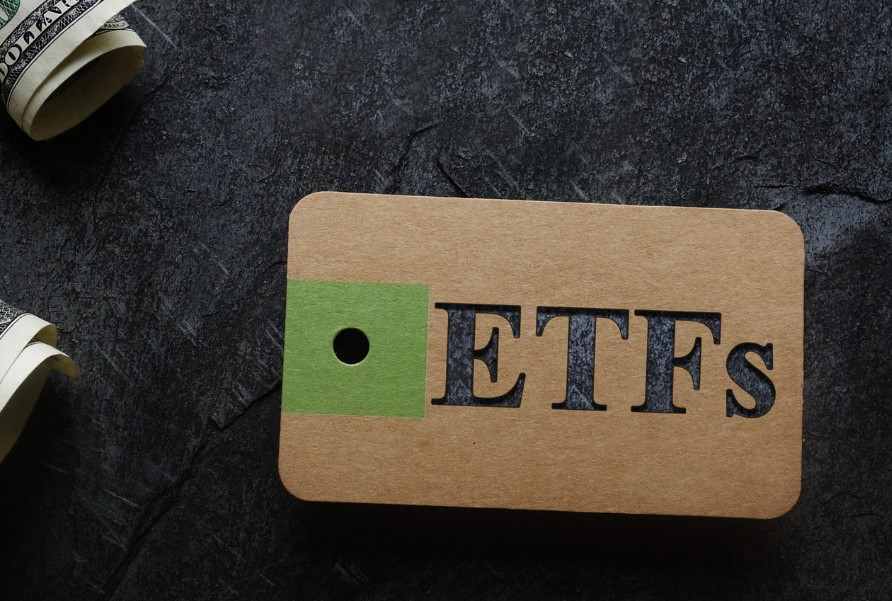Fidelity International has revised its sustainable investment framework to adapt to changes in this field, in line with client needs and environmental, social, and governance (ESG) regulations. As the management company reminds us, sustainability is an essential element of Fidelity’s active investment approach.
The company has a robust investment analysis methodology that incorporates sustainability into its fundamental analyses and integrates its proprietary sustainability ratings with insights generated by its equity, corporate debt, macroeconomic, and quantitative analysts to obtain a comprehensive view of the companies and markets it studies.
They explain that this framework has been designed to complement the company’s overall investment approach and provide clients with greater clarity and transparency. Within this revised framework, which will be applied starting from July 30, 2024, Fidelity has created three major categories: ESG Unconstrained, ESG Tilt, and ESG Target.
Regarding these categories, they explain that ESG Unconstrained comprises products that seek to achieve financial returns and may or may not integrate ESG risks and opportunities into the investment process. “The products in this category apply the exclusions that Fidelity has adopted for the entire company,” they clarify.
In the case of the ESG Tilt category, it comprises products that seek to generate financial returns and promote environmental and social characteristics by favoring issuers with better ESG performance than the benchmark index or the product’s investment universe. Additionally, products in this category adopt the exclusions from the ESG Unconstrained group and apply others, such as tobacco production, thermal coal mining, thermal coal power generation, and certain public sector issuer exclusions.
Thirdly, in the ESG Target category are “products that seek to generate financial returns and prioritize ESG or sustainability as a key investment objective, such as investing in ESG leaders (issuers with superior ESG ratings), sustainable investments, sustainable themes (such as climate change or transition), or complying with impact investment standards. Products in this category are subject to the reinforced exclusions mentioned earlier and may apply others.”
On the occasion of this announcement, Jenn-Hui Tan, Director of Sustainability at Fidelity International, stated: “We have long been committed to sustainable investing and have continued to evolve our approach and capabilities in line with client needs and ESG regulations. Integrating sustainability into investment analysis and portfolio construction is part of our core process of identifying the drivers of long-term value creation. The objective of our revised framework is to facilitate the creation and maintenance of a consistent, transparent, and practical range of investment capabilities that cover changes in client needs and regulation. We believe this framework appropriately combines a robust approach to sustainability with a flexible approach that can accommodate different investment styles, asset classes, and client preferences.”



